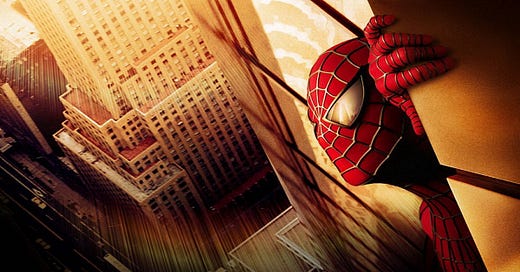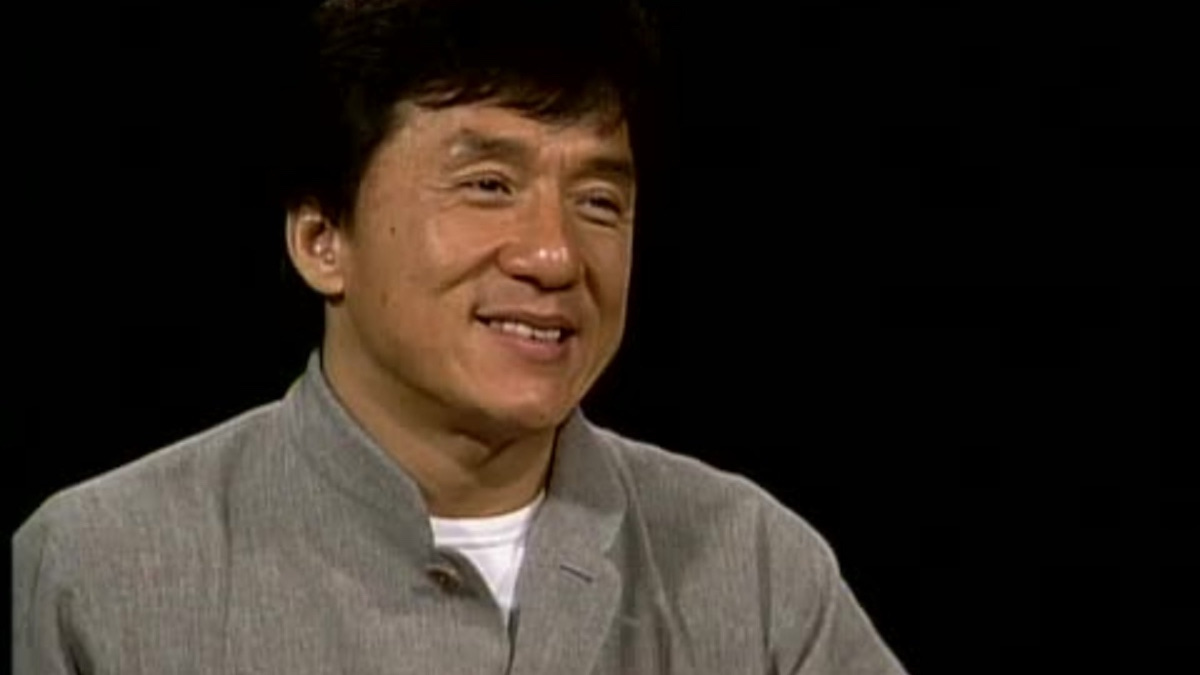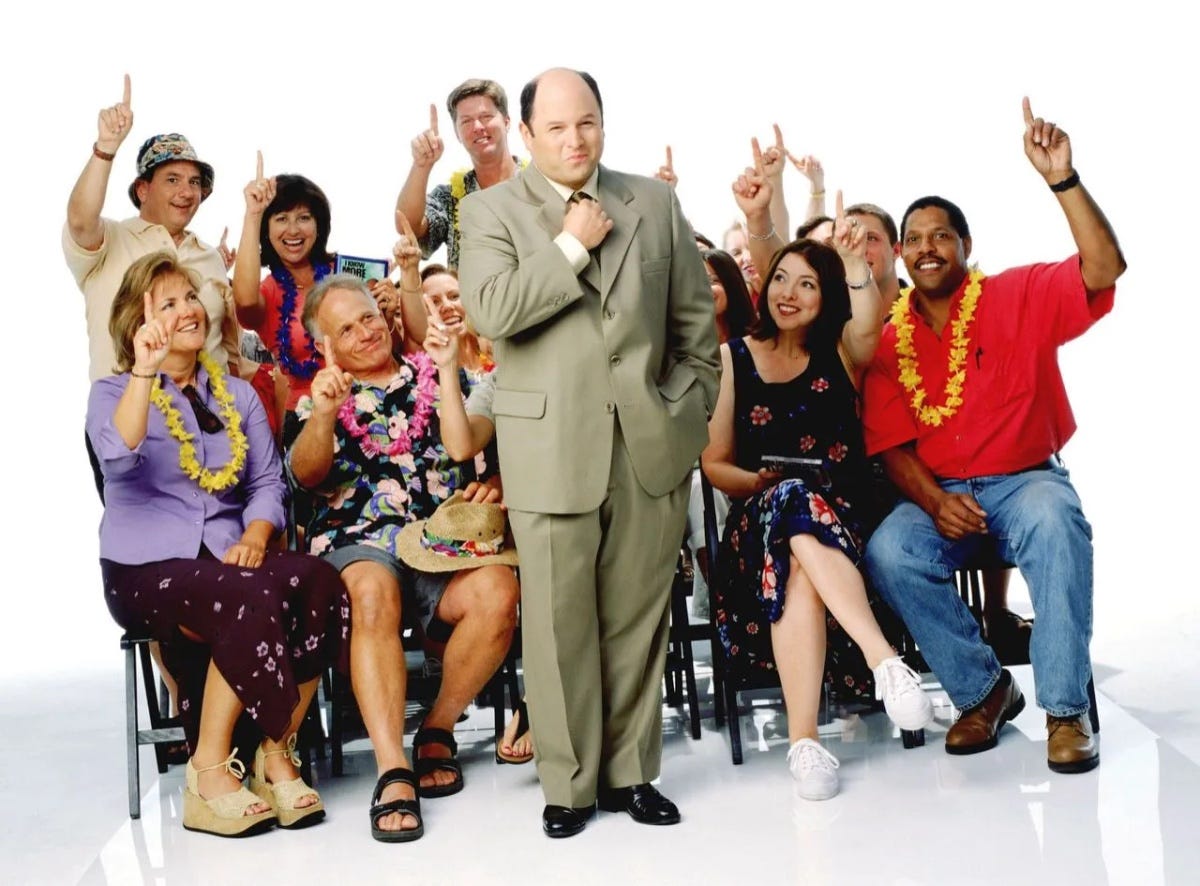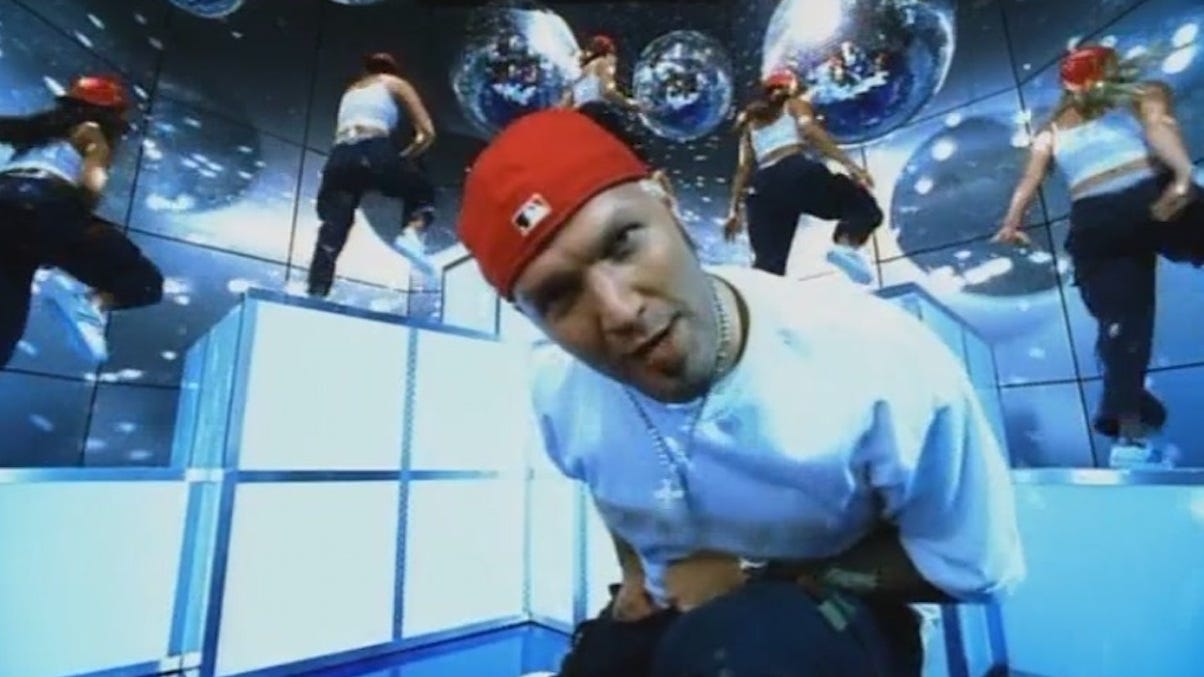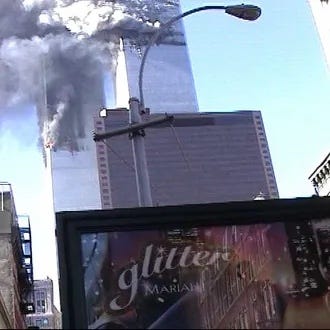The events of 9/11 changed the course of American history forever. It launched us into an unnecessary war, became a talking point for each presidential candidate, and made a bunch of rich people richer. One aspect of 9/11 that doesn’t get talked about a lot is its effect on pop culture. Everyone already knows about the Spider-Man trailer with the Twin Towers. I’m talking about how 9/11 overshadowed a lot of other things in the media that we don’t even talk about anymore. Here are some ways that pop culture was affected by 9/11.
The Jackie Chan Film That Was Never Filmed
Nosebleed is a film that was completely forgotten about but has some history dating back to 1999. The film was mentioned in Jackie Chan’s book, I Am Jackie Chan: My Life in Action, as a project he wanted to write with Raven Metzner and Stu Zicherman. Steven Spielberg was also involved at one point. In the spring of 2000, MGM studios picked up the film from New Line Cinema after they passed on it.
The film’s plot would’ve followed a window washer who worked at the World Trade Center. He would later learn of a terrorist plot to blow up the Statue of Liberty although there are reports that it was actually the World Trade Center. The following is a supposed line from the script:
“It represents capitalism. It represents freedom. It represents everything America is about. And to bring those two buildings down would bring America to its knees.”
As you can imagine, filming a movie like this after 9/11 would have been in poor taste. MGM must have thought the same since they straight-up canceled it. I assume they did this because they bought the rights to the film and didn’t want to do it anymore if they had to change it and make a completely different movie. At one point, it was rumored that Chan was actually supposed to be on the Twin Towers filming Nosebleed on September 11, but this was confirmed to be an urban legend.
The Seinfeld Curse Claims its First Victim
After Seinfeld ended its run on NBC, everyone wondered what the cast would do next. Julia Louis Dreyfus became the star of a CBS sitcom, Michael Richards became a racist, Jerry Seinfeld became a bee, and Jason Alexander became Bob Patterson. You see, Bob Patterson was an ABC sitcom starring Jason Alexander as Bob Patterson, a self-help guru. The show followed his day-to-day life as an insecure individual dealing with family, strangers, and co-workers.
The show aired on October 2, 2001, and was immediately met with negative reviews. Critics considered the show unfunny and constantly compared the character of Bob Patterson to George Constanza, which was appropriate as both characters had a lot in common. It was canceled on October 31, 2001, lasting only 29 days on the air. Only five episodes aired with the rest going unseen until they appeared online in the past two years. The show’s ratings were considered poor for the time as it drew 9.8 million viewers for the premiere and dropped to 7.8 million for the finale.
A contributing factor to the low ratings may have been the show’s time slot change as according to this forum post, it was moved from Tuesdays at 9 pm to Wednesdays at 8:30 pm after the much more beloved Drew Carey Show. Perhaps the biggest factor not mentioned is 9/11. Jason Alexander briefly mentions it in this interview but doesn’t go into detail about how it affected the show. I think I know how: America just wasn’t ready to move on from 9/11 yet. The show premiered almost a month after that day and it was way too soon for a lot of people to just laugh at something like Bob Patterson and move on, especially since the show was new and unfamiliar, unlike a show such as Friends.
The Decline of Nu Metal
Any kid who liked music in the 2000s had their edgelord/metal phase that they went. I was one of those kids thanks to playing video games and watching wrestling. Nu metal was a big part of this phase for me. In 2001, bands like P.O.D., Limp Bizkit, and Linkin Park were dominating this genre which fused rap and metal.
Unfortunately, the genre’s dominance came to an end because of 9/11. Both rap and metal are known for being aggressive, angsty music genres. A genre that combines those two would have a hard time succeeding in the wake of a large terrorist attack in America.
With 9/11, those who were listening to Limp Bizkit weren’t trying to find a reason to be angry anymore: Now they were angry. This applied to a lot of rock music, not just nu-metal. Bodies by Drowning Pool was a huge song in 2001. When 9/11 happened, it then became a very inappropriate song to play on the radio. Nu-metal was already declining thanks to the introduction of boybands and pop acts like N SYNC, Spice Girls, and Brittney Spears, but the events of September 11, 2001, only made things worse.
Mariah Carey and Glitter
Back in 2001, Mariah Carey was on top of the music world and had several popular songs and albums at this point in her career. She decided to take her career to the next level by starring in the film Glitter, a film where she had complete creative control.
Before the film was released on August 31, 2001. Mariah Carey stopped by MTV’s TRL in July to promote it. This is where the film’s controversies begin. To make a long story short: She shows up giving ice cream to people in the audience while wearing a men’s size t-shirt and acting anxious. She claimed the appearance was therapy for her before doing a striptease near host Carson Daly and revealing another outfit. In response to this, the media called the incident erratic and talked about it nonstop for weeks.
A few days later at Long Island’s Roosevelt Field mall, she held a signing for the release of Loverboy, a song from the Glitter soundtrack, which had some controversy of its own. Here she rambled about the negativity from the media to a news crew before a publicist took the mic from her and told them to stop filming.
In the days following the initial TRL appearance, Carey published erratic messages on her website and was admitted to a hospital after having an emotional breakdown. Due to all of this, the decision was made to delay the film until September 21, a mistake that everyone would soon regret. An even bigger mistake than this was delaying the soundtrack to September 11.
So the events of September 11, occur and the soundtrack is Mariah Carey’s worst album commercially at this point in her career. It reached number 7 on the Billboard charts and only sold 116,000 copies that week. Meanwhile, Jay-Z dropped The Blueprint album that day, one of the greatest rap albums ever. It sold 427,000 copies in the first week and reached number one on the charts. Here’s what Carey had to say about the album’s failure:
“I released it on September 11, 2001. The talk shows needed something to distract from 9/11. I became a punching bag. I was so successful that they tore me down because my album was at number 2 instead of number 1. The media was laughing at me and attacked me."
The film itself only made $5.3 million at the box office on a budget of $22 million. I think this picture speaks for itself.
Critics hated it and no one was going to the movies after 9/11. Because the film and its soundtrack did so badly and her public breakdown, Virgin Records used a clause in Carey’s contract to release her from a $100 million deal for just $28 million. There were a lot of legal threats following this from Carey and her team but it got resolved out of court.
Eventually, she bounced back from this entire fiasco and continued her dominance in the music industry. Every controversy surrounding this film just seemed to disappear from the public eye after 9/11. I didn’t even know about Carey’s breakdown until last summer. I guess this just shows how much 9/11 impacted pop culture.

